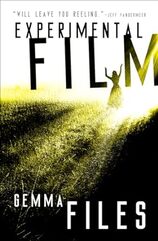
I assure you it is not.
I really don’t want to give too much away about this book. I try to do that with all the books on this list, even the ones that are older than I am. Who wants a plot summary? Especially in a blog like this that is basically me keeping track of what I read.
Files writes horror and this is the first thing I’ve read by her. It will not be the last. There is something mesmerizing about the book, the subtle “realness” she manages in a book about ancient gods, the silent film era, autism and the vagaries of a career as a freelance writer. She creates this mood of vague dread that is both supernatural and existential throughout Experimental Fiction.
The book is both creepy and odd. Sometimes I was forced to go back and read passages again after thinking “Wait, what just happened?” There is a style , a use of language, a use of form here that is unique. Parts are written as Q&A interviews and others, where italics are used for emphasis, seem to reference communication that isn't exactly...verbal. There are parts that seem almost like a diary. It is intricate and elegant writing. Maybe a hint of gothic horror? But it is so, so modern at the same time.
I was constantly visualizing while reading this, wanting to SEE it and know what it LOOKS like. This is partly because the book is about (in one sense) film, a visual media, but also because there are events happening that are spectacular and frightening. Your mind wants to see them. In some cases you CAN while in others it is abstract and supernatural.
In some ways I don’t think much of this COULD be rendered into the visual as it is the stuff of dreams–nightmares. I sure wish someone would try though. It is a unique story told in a unique way. It is a story you might not want to live in but it is certainly interesting to read about.
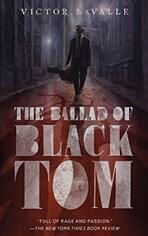
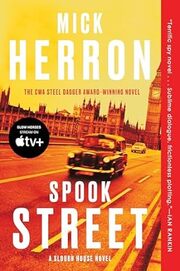
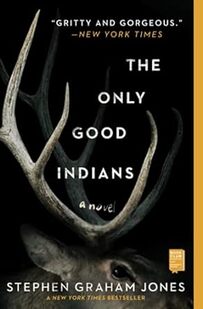
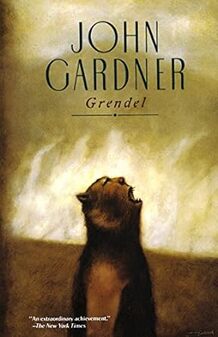
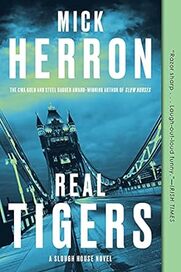
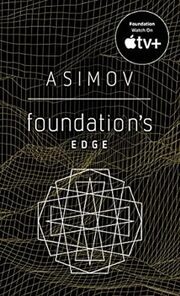
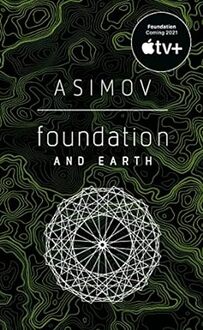
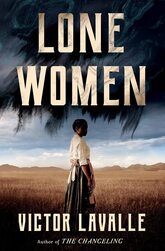

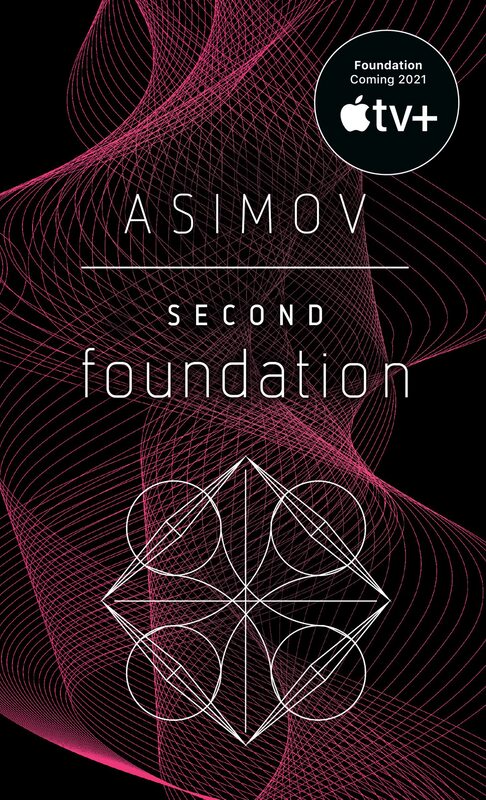

 RSS Feed
RSS Feed